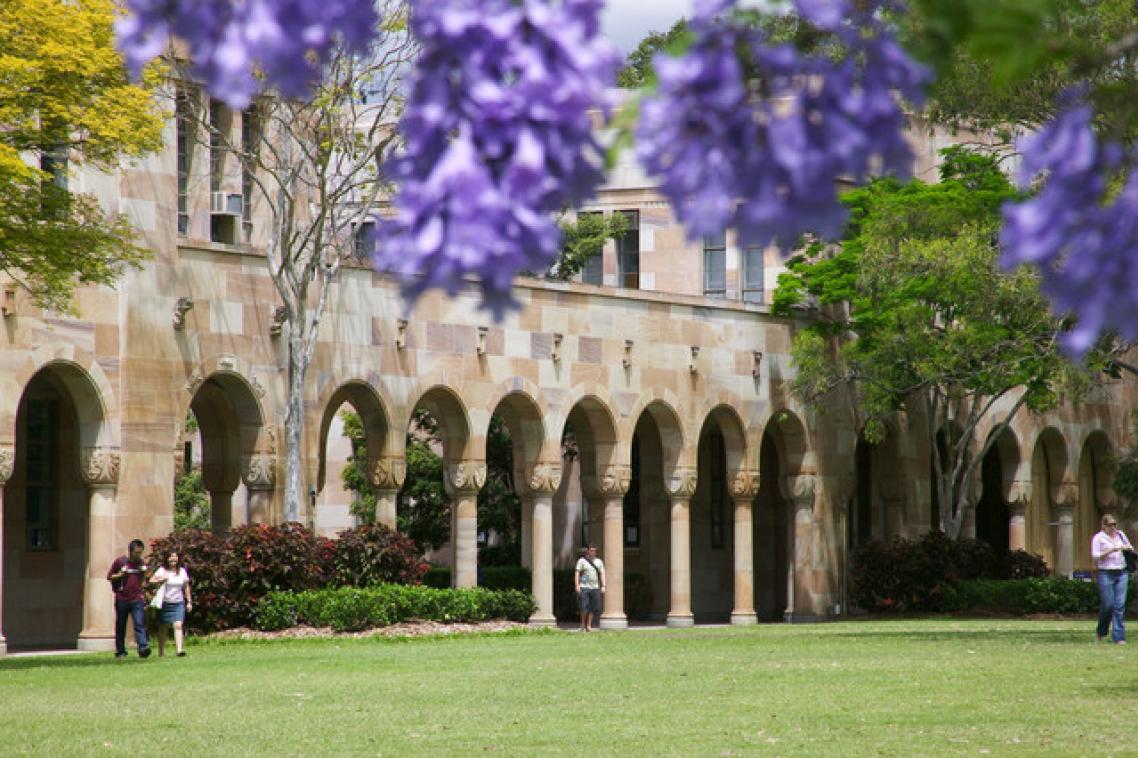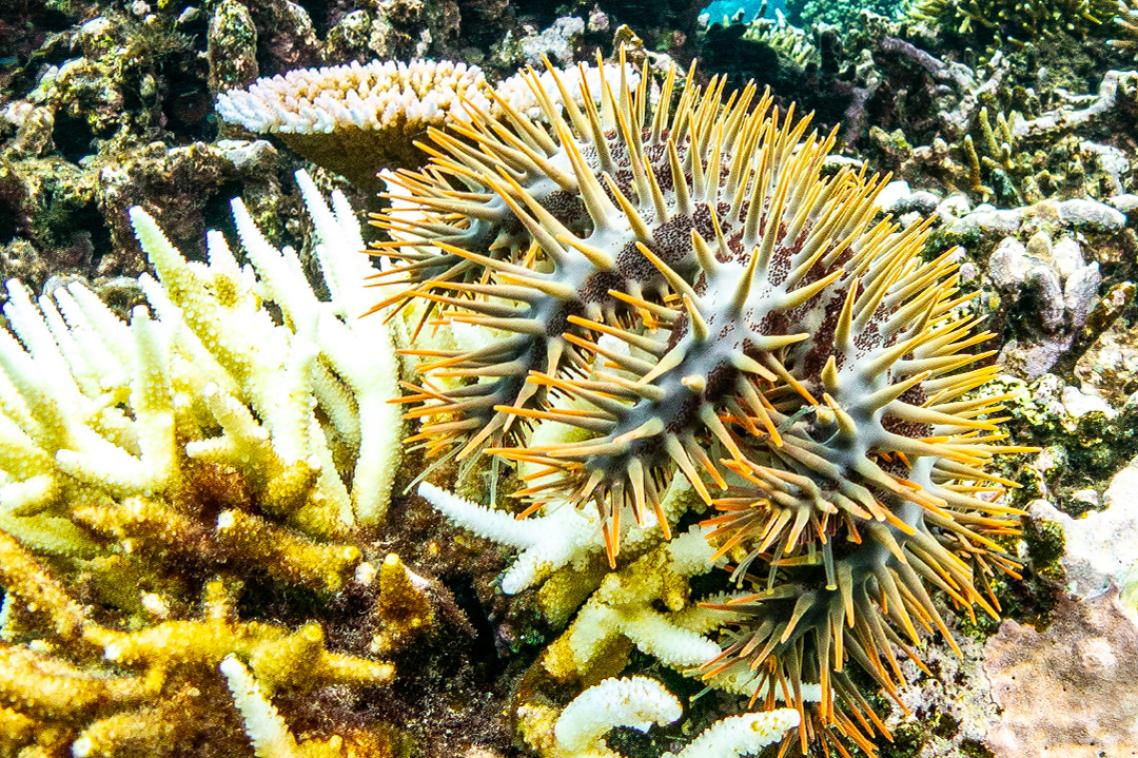New centre to give early warning on infectious disease threats to Australia
Implantable chips and hand-held devices to detect disease, and satellite information systems for predicting disease outbreaks are amongst the technologies to be developed by the new Australian Biosecurity Cooperative Research Centre (AB-CRC).
Launched today at The University of Queensland by the Minister for Science, Peter McGauran, the AB-CRC brings together three universities, eight federal and state government agencies, five industry groups and three international organisations.
The partners will combine their resources and expertise using the latest diagnostic, computer and satellite technologies to develop specialised early warning systems for the rapid detection and response to disease outbreaks.
New CEO of the AB-CRC Dr Stephen Prowse said in the future farmers at remote locations in Australia would be able to use hand-held devices to monitor and report disease. The device would also relay the diagnostic information to a government veterinarian, who can then take immediate action to contain a disease outbreak.
“This partnership aims to counter the threat of emerging infectious diseases to Australia by strengthening the national response capability. Over the next seven years we aim to decrease the time taken to identify a disease and bring it under control," Dr Proswe said.
The spread of new infectious diseases into Australia, through the movement of people and animals, viruses jumping from animals to humans, or even bioterrorism, is an increasing risk according to Dr Prowse.
“The global SARS epidemic is a perfect example of the far-reaching impacts of newly emerging diseases,” he said.
“Experts within the new AB-CRC, including Professor Aileen Plant, Dr Hume Field and Professor John Mackenzie, have been involved in the global response to the SARS outbreak, under the auspices of the World Health Organization.”
Other disease agents that will be targeted include Japanese encephalitis, a mosquito-borne brain disease of people; the devastating livestock disease, foot-and-mouth; and Nipah virus, which is capable of killing both animals and humans. The early warning technologies could also be used to counter potential biowarfare agents.
The AB-CRC is well positioned to help realise this vision because of its dual focus on the development of novel disease detection and surveillance technologies, alongside new national education and training strategies.
These strategies, which will be developed and implemented through the AB-CRC partnership, will target animal and public health professionals, livestock producers and the community to enhance surveillance and response capacity.
As there are also limited specialist training opportunities, the AB-CRC’s education program will produce research graduates with high-level, and industry relevant, experience in virology, microbiology, parasitology and applied epidemiology.
Partners in the AB-CRC are The University of Queensland, where the Centre will be headquartered, the Australian Animal Health Laboratory (CSIRO Livestock Industries), Curtin University of Technology, The University of Sydney, Commonwealth Department of Agriculture, Fisheries and Forestry – Australia, Queensland Department of Primary Industries, Queensland Health, Western Australian Centre for Pathology and Medical Research, Western Australian Department of Agriculture, Animal Health Australia, Australian Pork Limited, and AusVet Animal Health Services.
Associate and international partners are Commonwealth Department of Health and Ageing, Meat and Livestock Australia, Northern Territory Department of Business, Industry and Resource Development, PANBIO Ltd, Consortium for Conservation Medicine (USA), National Centre for Foreign Animal Disease (Canada), and OIE SE Asia Foot and Mouth Disease Campaign, Regional Coordinating Unit (Thailand).
The Australian Biosecurity CRC is one of 30 new CRCs announced last year by the Federal Government. The total resources of the Centre will be more than $60million over seven years. The Centre has major research nodes in Brisbane, Geelong, Sydney and Perth, as well as partners in Bangkok, New York and Winnipeg.
Media: for more information contact Dr Stephen Prowse, CEO Australian Biosecurity CRC (telephone 07 3346 8861, 0419 371 134 or email: stephen.prowse@abcrc.org.au) or Corinna Lange, Communications Officer, Australian Biosecurity CRC (telephone 07 3346 8864 or email: corinna.lange@abcrc.org.au). Photos relevant to this event can be downloaded at www.abcrc.org.au
Related articles

UQ professor joins WHO advisory group on alcohol and drug use

Crown-of-thorns control boosts coral growth in a warming world
Media contact
UQ Communications
communications@uq.edu.au
+61 429 056 139
